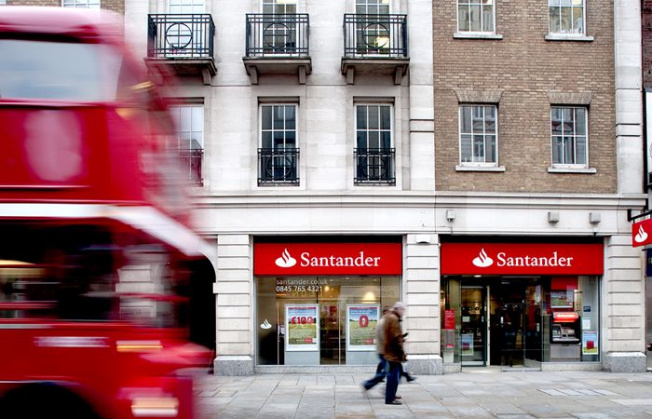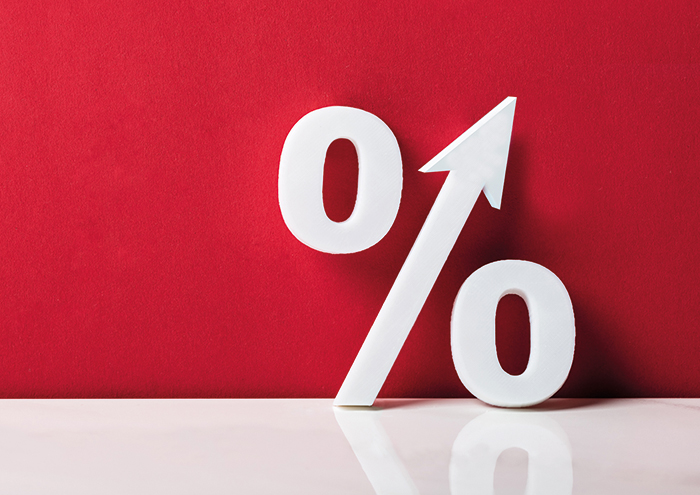
Annual house price growth accelerated to its fastest pace for almost three years in April before the impact of the pandemic fully took hold, figures from Nationwide Building Society reveal.
However, the lender says its ability to continue producing the index over the coming months will depend on there being enough transactions.
Nationwide says that year-on-year growth reached 3.7 per cent in April, up from 3 per cent in March, taking the average UK house price to £222,915.
Seasonally-adjusted monthly growth was 0.7 per cent in April, while on a rolling three-monthly basis prices were up by 1.5 per cent.
It is the seventh month in a row of month-on-month gains, after taking into account seasonal effects.
Nationwide chief economist Robert Gardner says: “It’s important to note that the impact of the pandemic is not fully captured in this month’s figures.
“This is because our index is constructed using mortgage approval data, and there is a lag between mortgage applications being submitted and approved.
“Indeed, circa 80 per cent of cases in the April sample relate to mortgage applications that commenced prior to the lockdown, and hence before the full extent of the impact of the pandemic became clear.”
In the opening months of the year the housing market had been steadily gathering momentum, he says.
A strong labour market, low borrowing costs and the general election result were pushing up activity and prices.
But the housing market has now ground to a halt as a result of government measures to stop the virus spreading.
Gardner says: “Indeed, a lack of transactions will make gauging house price trends difficult in the coming months.
“Our ability to produce the index in the months ahead will depend on there being sufficient transactions which are representative of the wider housing market.
“The medium-term outlook for the housing market is also highly uncertain, where much will depend on the performance of the wider economy.
“Economic activity is set to contract significantly in the near term as a direct result of the necessary measures adopted to suppress the spread of the virus.
“But the raft of policies adopted to support the economy, including to protect businesses and jobs, to support peoples’ incomes and keep borrowing costs down, should set the stage for a rebound once the shock passes, and help limit long-term damage to the economy.
“These same measures should also help ensure the impact on the housing market will ultimately be much less than would normally be associated with an economic shock of this magnitude.”
North London estate agent and former Royal Institution of Chartered Surveyors residential chairman Jeremy Leaf says: “Although these widely-respected and otherwise promising figures may be regarded as meaningless bearing in mind they reflect much of the beginning of the lockdown period, they could yet have more significance.
“For if, as we are finding, that most transactions have been put on hold rather than cancelled, then most could be reinstated if restrictions are eased soon and economic damage is relatively limited.”



